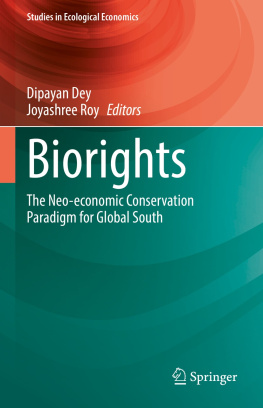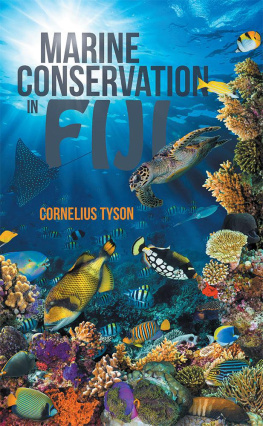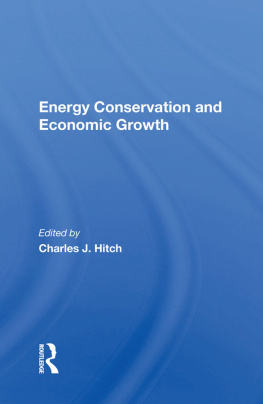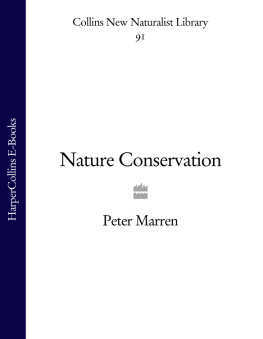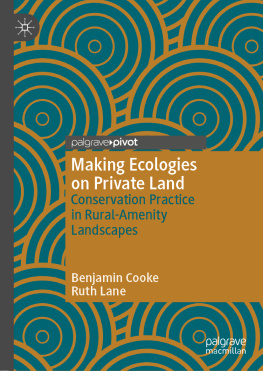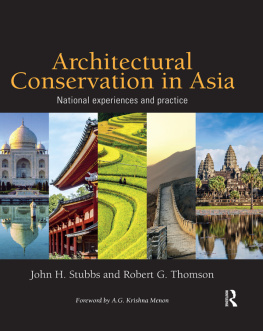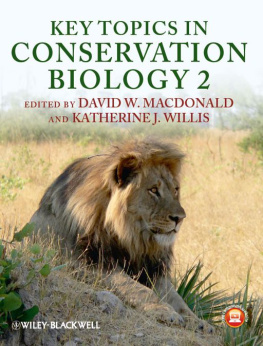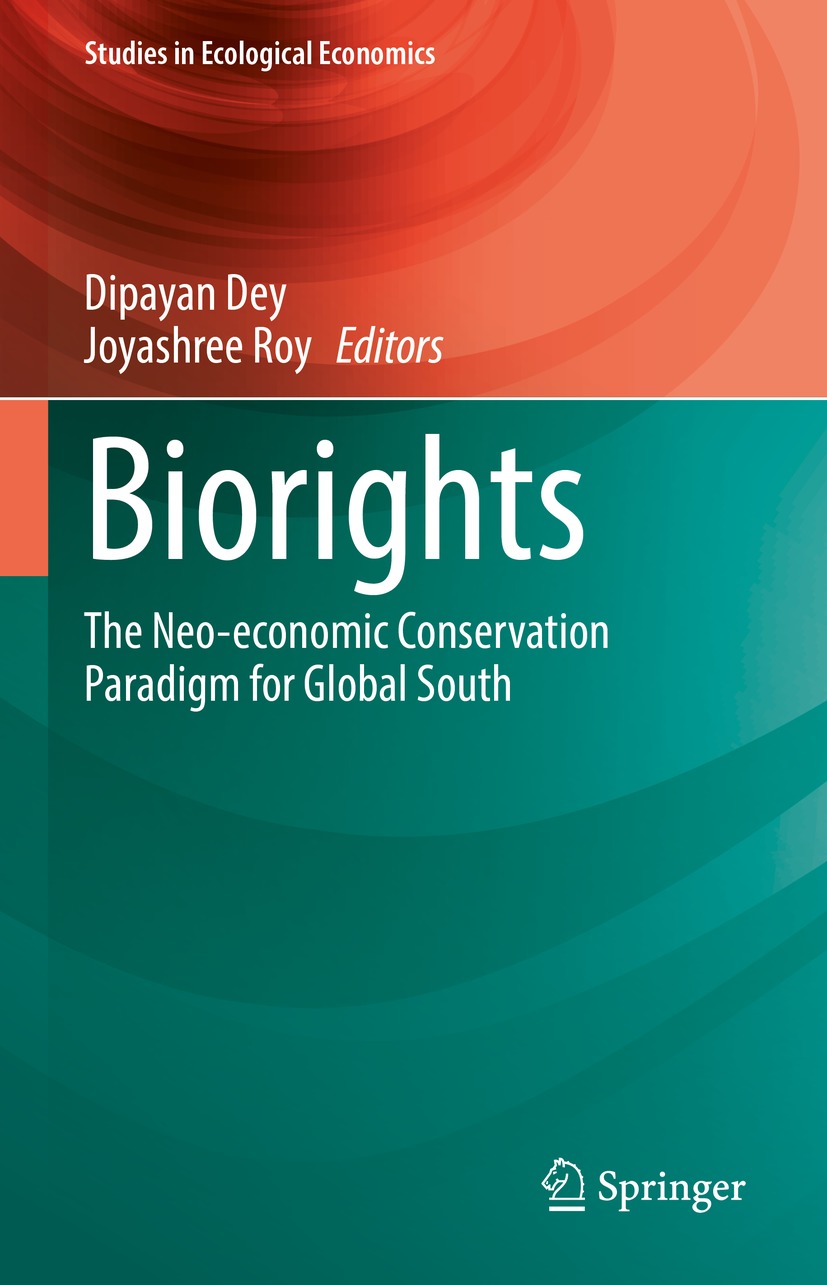Volume 7
Studies in Ecological Economics
Series Editors
R. Kerry Turner
School of Environmental Sciences, University of East Anglia, Norwich, UK
Robert Costanza
JG Crawford Building 132, Australian National University, Acton, ACT, Australia
Joshua Farley
University of Vermont, Burlington, VT, USA
The series Ecological Economics publishes peer reviewed monographs and edited volumes that offer fresh perspectives and overviews on a range of topics in Ecological Economics. Special attention will be given to integrative research methods and techniques and to pluralistic approaches. Fundamental and critical discussions are invited of: theoretical assumptions, ethical starting points, behavioural models, (co)evolutionary change, integration concepts, the ecosystem approach and ecosystem services environmental macroeconomics, industrial ecology, spatial dimensions, thermodynamics and production functions, policy goals and instruments, international policy dimensions, alternative welfare measures, valuation and benefits transfer. Particular emphasis will be placed on the interaction between valuation, modelling and evaluation in a multidisciplinary setting; the link between ecology, biodiversity, ecosystem services, economics politics and environmental management; the incorporation of physical flows in economic models; and the interface between development, poverty, technology and sustainability. In addition, applied and policy oriented research is welcomed, addressing specific resources, substances, materials, regions, sectors, countries or environmental problems. International comparative studies are also encouraged. The ultimate aim of this series is to present a rigorous but broad perspective on contemporary and future environmental policy questions.
The series welcomes new proposals! To submit a proposal, please fill in a book proposal form available on the series page, or contact juliana.pitanguy@springer.com .
Editors
Dipayan Dey and Joyashree Roy
Biorights
The Neo-economic Conservation Paradigm for Global South

Logo of the publisher
Editors
Dipayan Dey
South Asian Forum for Environment, Kolkata, West Bengal, India
Joyashree Roy
Asian Institute of Technology, Bangkok, Thailand
ISSN 1389-6954 e-ISSN 2542-9531
Studies in Ecological Economics
ISBN 978-3-030-91502-5 e-ISBN 978-3-030-91503-2
https://doi.org/10.1007/978-3-030-91503-2
The Editor(s) (if applicable) and The Author(s), under exclusive license to Springer Nature Switzerland AG 2022
This work is subject to copyright. All rights are solely and exclusively licensed by the Publisher, whether the whole or part of the material is concerned, specifically the rights of translation, reprinting, reuse of illustrations, recitation, broadcasting, reproduction on microfilms or in any other physical way, and transmission or information storage and retrieval, electronic adaptation, computer software, or by similar or dissimilar methodology now known or hereafter developed.
The use of general descriptive names, registered names, trademarks, service marks, etc. in this publication does not imply, even in the absence of a specific statement, that such names are exempt from the relevant protective laws and regulations and therefore free for general use.
The publisher, the authors and the editors are safe to assume that the advice and information in this book are believed to be true and accurate at the date of publication. Neither the publisher nor the authors or the editors give a warranty, expressed or implied, with respect to the material contained herein or for any errors or omissions that may have been made. The publisher remains neutral with regard to jurisdictional claims in published maps and institutional affiliations.
This Springer imprint is published by the registered company Springer Nature Switzerland AG
The registered company address is: Gewerbestrasse 11, 6330 Cham, Switzerland
Preface
Economics of environmental services has been emerging as an academic discipline for many decades now. However, as an operational guiding principle, this is becoming as an essential domain of knowledge both for academia as well as among the practitioners to resolve the problem of allocating the monetary values to non-marketed natures goods and services including biodiversity. However, in the Climate Change discourse, the significance has been felt more urgently as the debate around role of ecosystem/natural capital is gaining more and more prominence due to accelerated action towards global sustainability. Both adaptive and mitigative actions are evaluating the potential for ecosystem-based solutions.
Academia has systematically developed scientific arguments and logical framework to expand the concept of capital as a major driver of economic growth through portfolio approach to cover natural capital among other forms of capital to represent role of environmental services in context of economic growth. So, equity and inequity in capital ownership have also been extended to the domains of natural capital keeping in mind the inclusion in decision-making process and empowerment. This has been used to address several aspects and issues of socioecological and socioeconomic significance like gender inequity, equitable access to resources, traditional and indigenous knowledge, community preparedness, and women empowerment in designing sustainable development models. Community rights on natural capital and its implications on natural resource management/transfer of rights is one such area of research that tries to enunciate the pros and cons of community-led conservation and its rights to access natures goods and services, as well from integrative aspect to macroeconomic perspective.
While there is urgency to accelerate the efforts towards the net zero goal by mid-century to ensure long-term sustainability, the first stepping stone on that trajectory is through attainment of sustainable development goals (SDGs) by 2030. The urgency therein and the opportunities that have opened up new dimensions in climate and non-climate financing and also orchestrate through minimisation the trade-offs and enhancement of synergies at community-ecosystem interface. The most important issues pertaining to justice, fairness and equity perspective are the rights and responsibilities of vulnerable communities living in the margins of dominant market-based Gross Domestic Product (GDP)-centric economic growth-dominated socio-economic system that are engaged in conservation of environment and biodiversity intergenerationally as livelihood option but are also identified as vulnerable communities with high exposure to climate variability and change due to sole dependence for livelihood extensively dependent on natures goods and services.
In this context, we juxtapose the issue of biorights. Some of the frequently asked questions are: how to address the right of marginal communities which has originated through their intergenerational presence and intertwined-ness through interaction and interdependence on natural capital/ecosystem historically conferred custodian intergenerational? How to integrate this non-market institution-based relation with nature and time invested by the communities on conservation of that ecosystem with mainstream, market-based property right socio-economic regimes? In this context, neo-economic conservation paradigm like biorights going beyond market as an institution comes in. Biorights is not an entirely new concept. It existed in many primordial forms and across traditional practices in the communities. These practices prompted use of resources which were considered wise to sustain the communities livelihood intergenerationally through the ages. However, how these traditional practices can inform various expansion of solution spaces in modern market-driven socio-economic systems has been addressed in this book. It explores the historically acquired rights through practices and how they are negotiating within post industrial revolution legal structures to represent the genesis of biorights and understand its significance in the context of climate change. It prompts as well the question around economic instruments in establishing biorights of the communities keeping within the statutory frameworks of societal, economic and legal post industrial revolution regime. Most of the discussions and deliberations in the chapters have been annotated with examples, empirical evidence from the context-specific field-based case studies, interventions, and community practices in the context of Asian region. This would help the readers understand the concept of biorights in a more bottom-up, pragmatic way and build on the actual context, voices of the people, as well as within a logical and reasonable interpretation in larger contexts.

